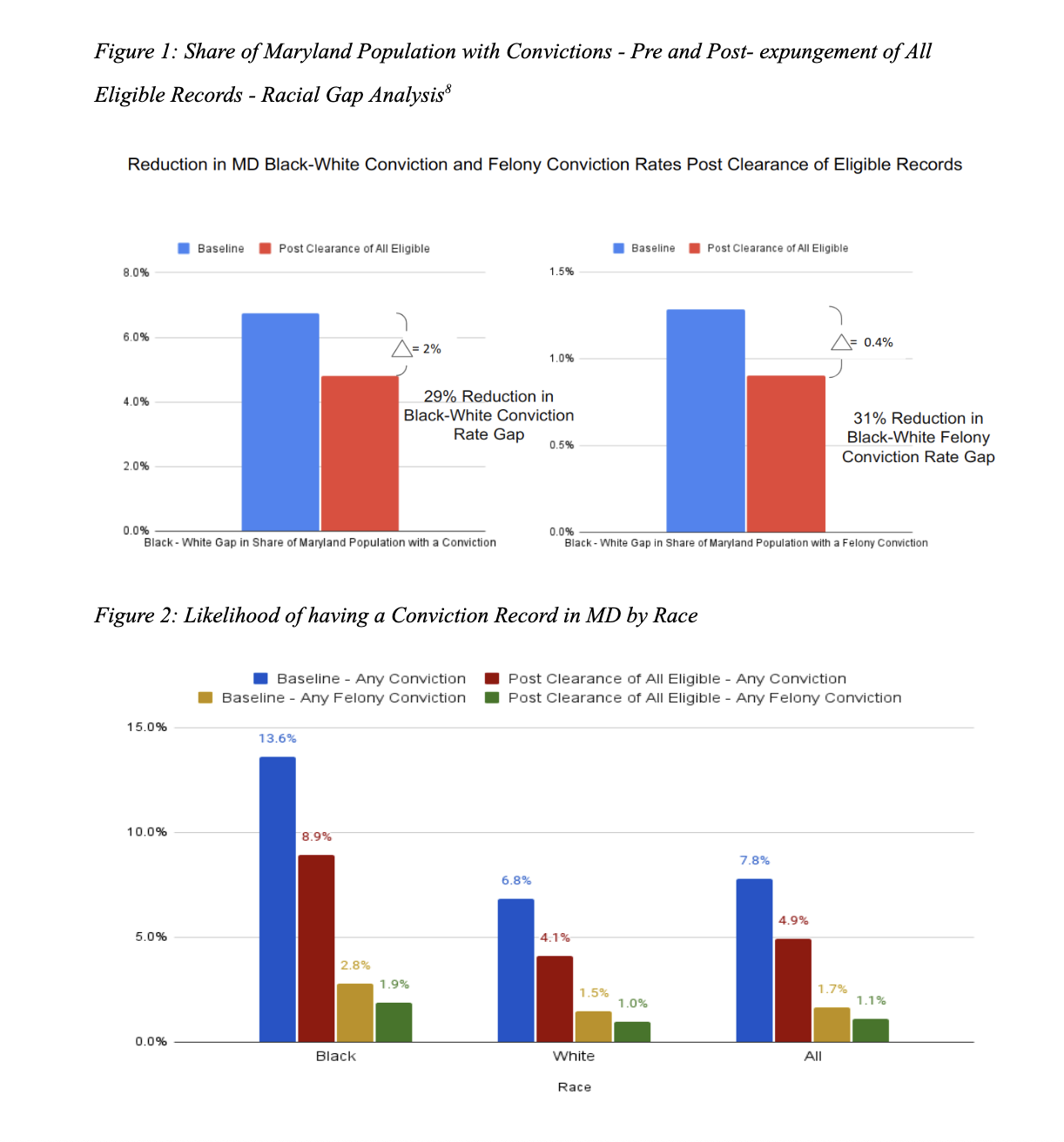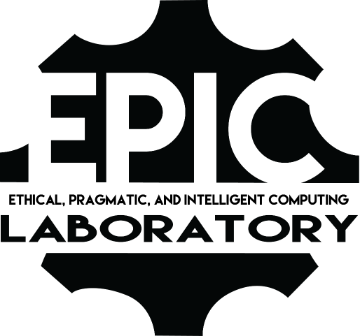State Law Summary
The Maryland Second Chance Expungement Gap
Summary of the Law

Disclaimer
The following is a summary of the law prepared by law students under the supervision of a professor based on consulting multiple sources. It is only up to date as of the dates shown below and in many cases we had to make judgment calls. Therefore we encourage you to also consult the sources below, as well as the Restoration of Rights Project that include summaries of the law for all 50 states and US territories.
Source: Maryland CCRC(08/26/2023) / Md. Code Ann., Crim. Proc. § 10-110 (2023) / SB 37 (2023) / Expungement (Adult) | Maryland Courts | List of eligible charges | MVLS List of Charges with Waiting Periods





